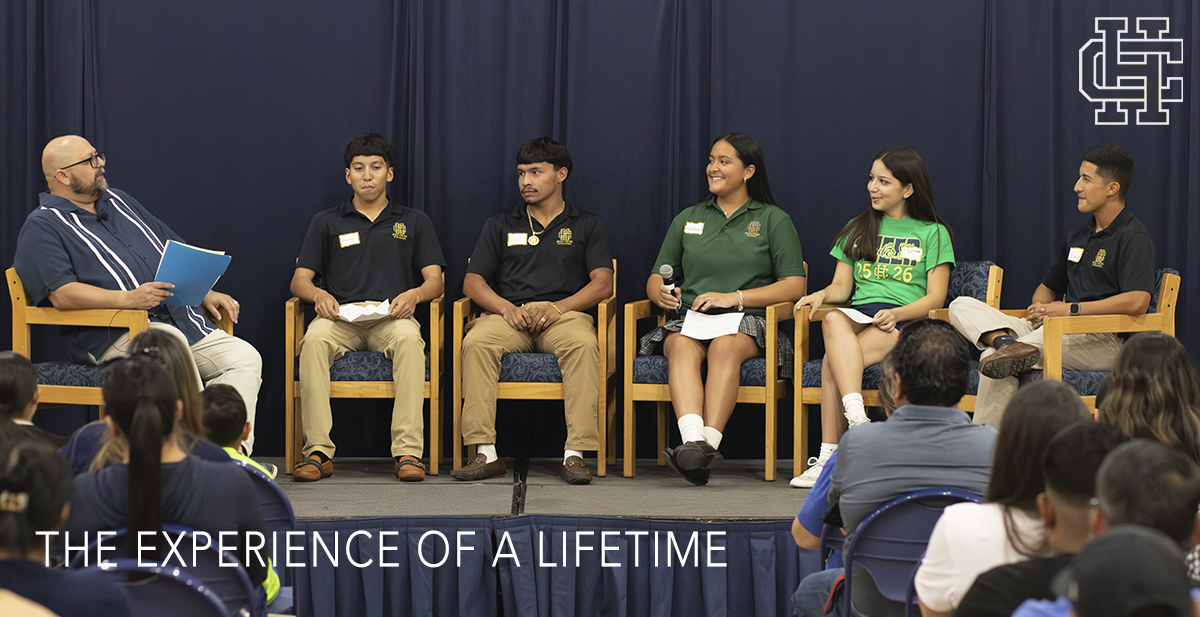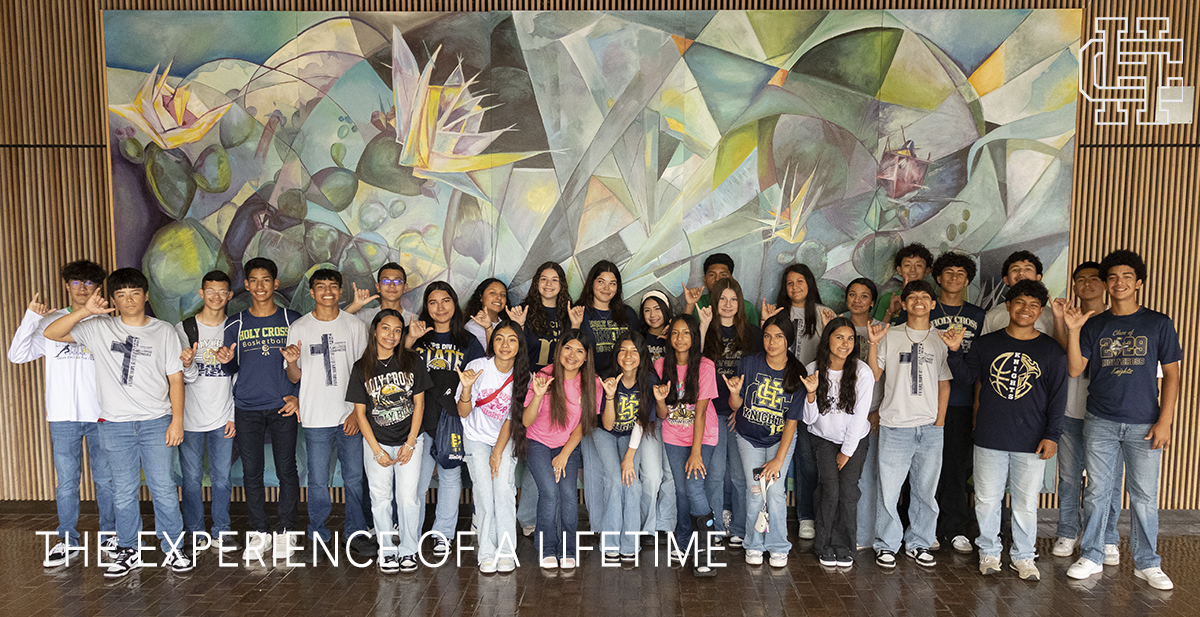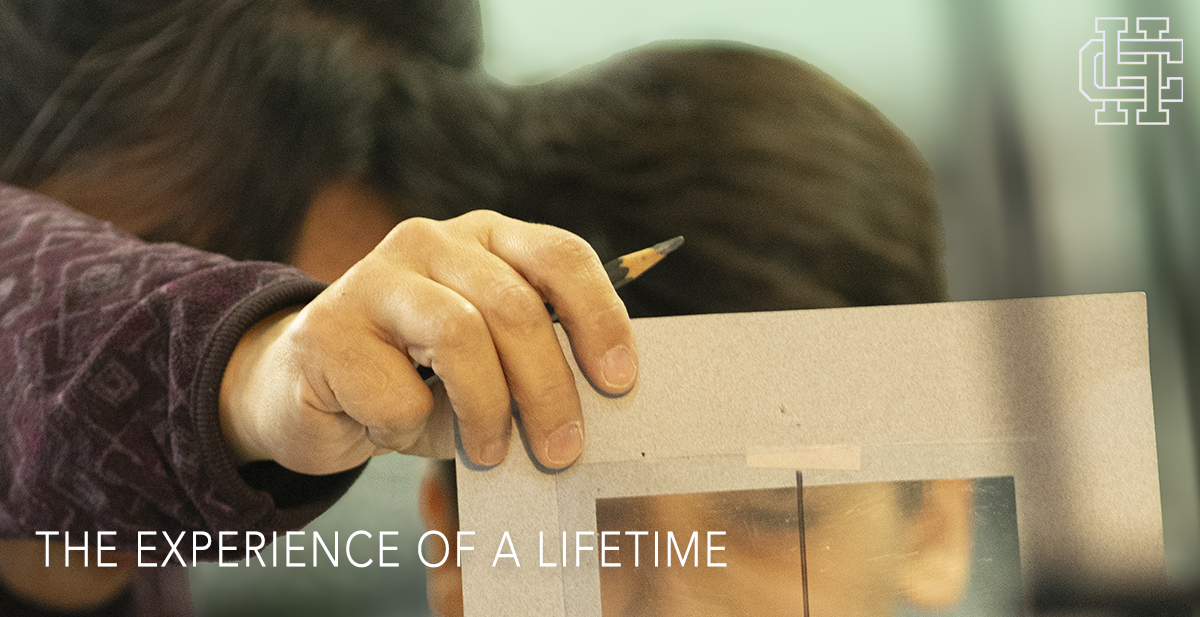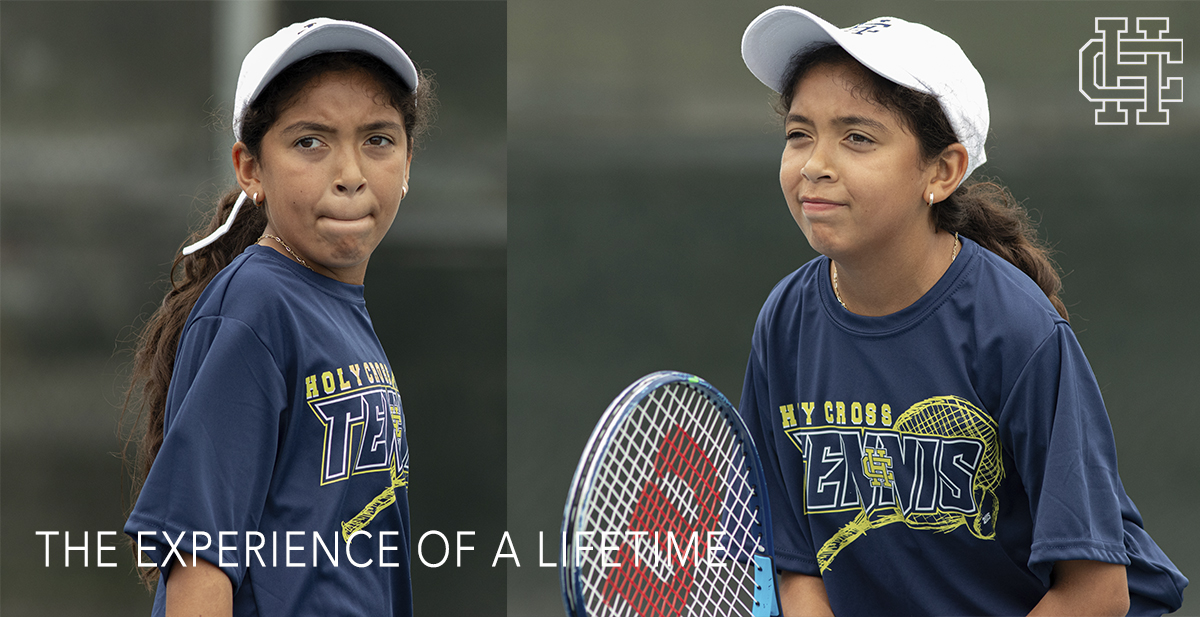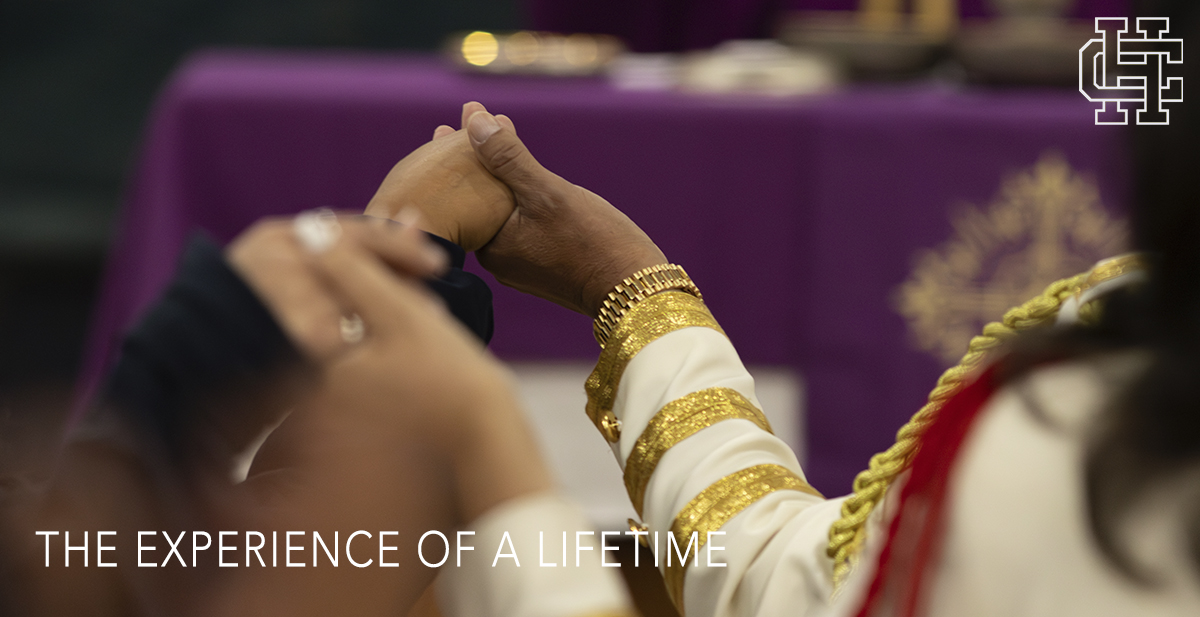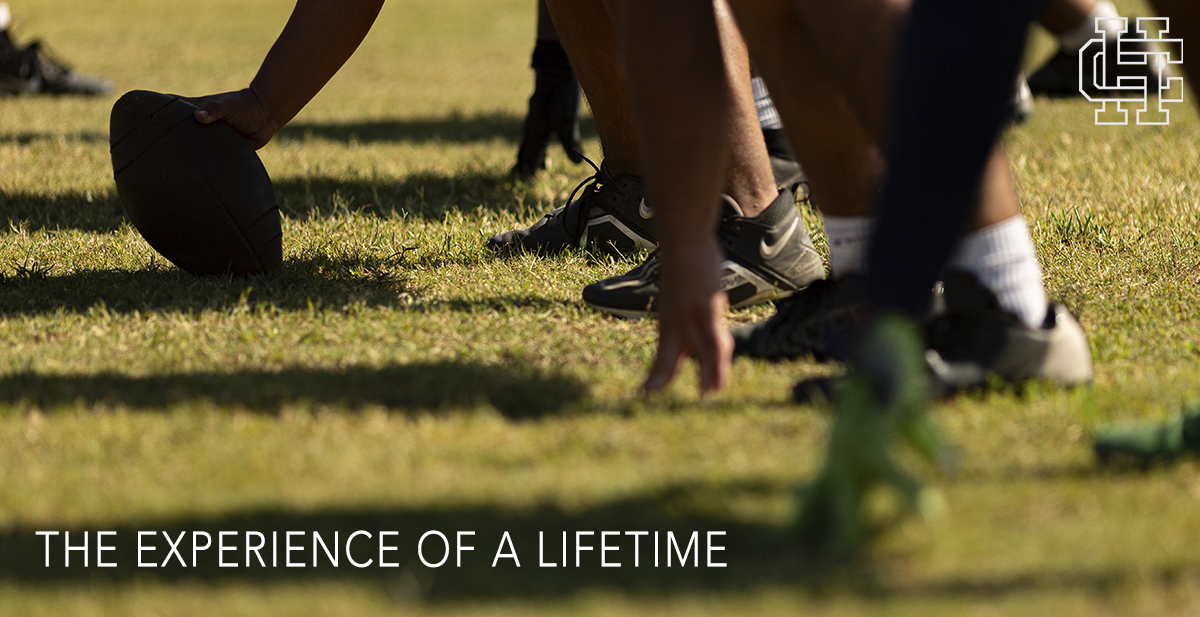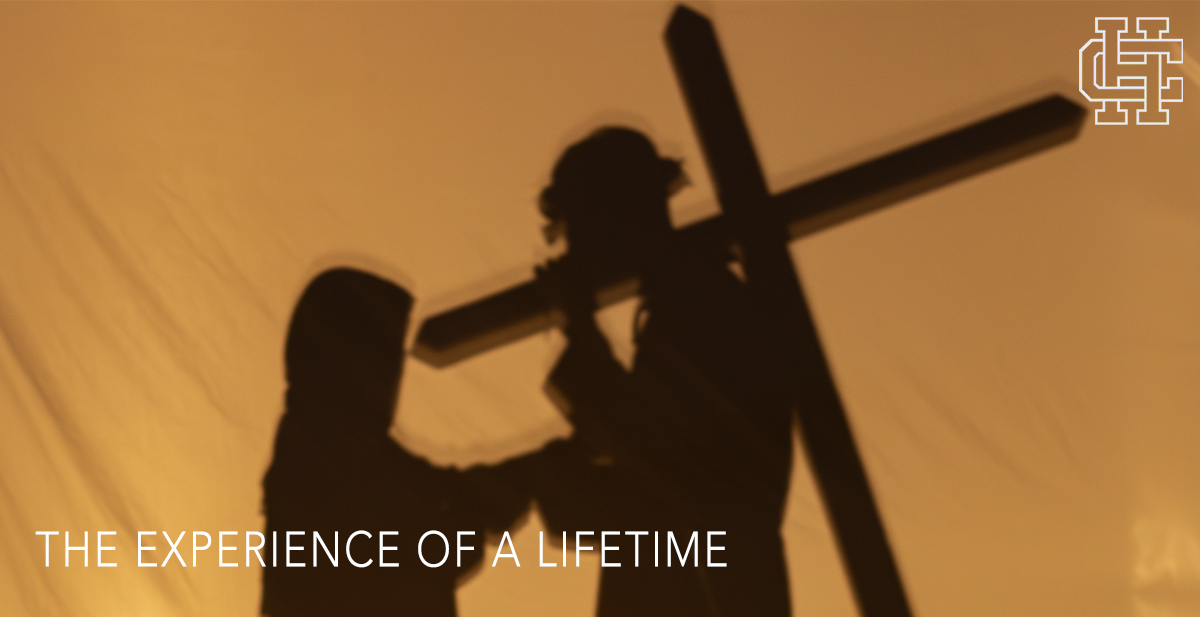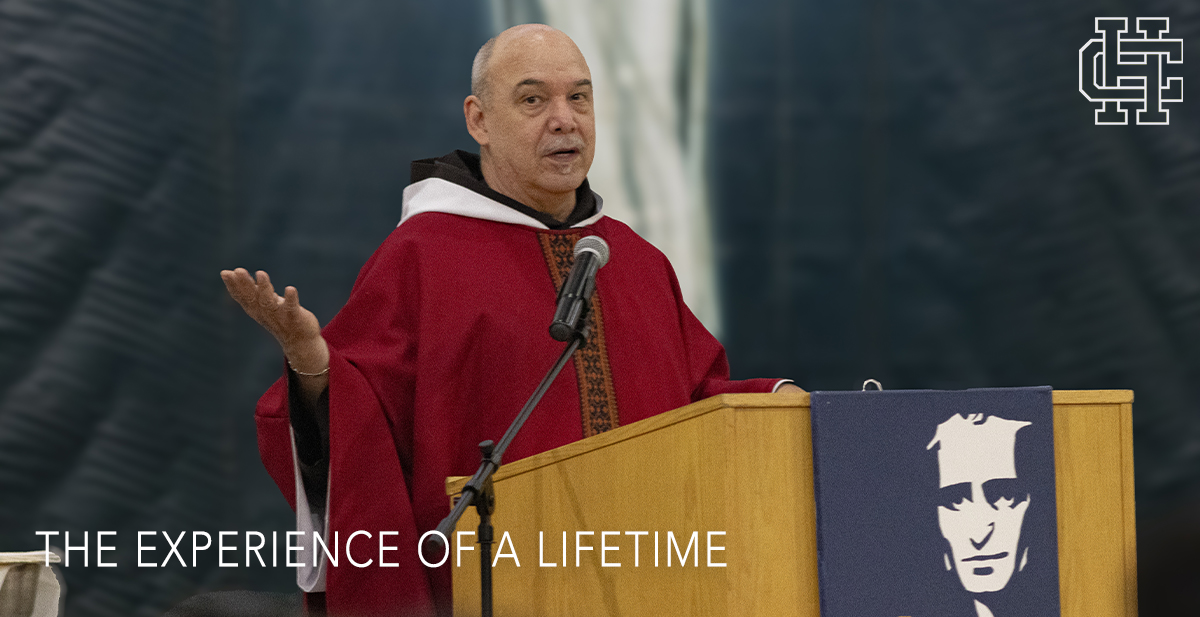Questions Parents Should Ask by Brother Stanley
Parents, let it be known that…
Parents who choose a Catholic school truly exercise their rights and responsibilities as the primary educators of their children. They know that in the Catholic schools their children receive excellent academic, physical, spiritual and moral instruction. But, having and exercising their rights and responsibilities demands dedication and persistence. Their rights have been challenged. They have been attacked. Progress has been made but our Catholic parents still face much opposition to the free exercise of their rights. Repeatedly through the years, the Bishops of the Church have stated that parents are the primary educators of their children. These statements have been directed to both parents and to civil authorities.
“The public power, which has the obligation to protect and defend the rights of citizens, must see to it, in its concern for distributive justice, that public subsidies are paid out in such a way that parents are truly free to choose according to their conscience the schools they want for their children.” (Declaration on Christian Education, October 28, 1965)
“The right of parents to choose an education in conformity with their religious faith must be absolutely guaranteed. The State and the Church have the obligation to give families all possible aid to enable them to perform their educational role properly.” (Familiaris Consortio, 1996)
“Parents – the first and most important educators – have a fundamental right to choose the education best suited to the needs of their children, including private and religious schools.” (Faithful Citizenship, October 30, 2003)
The voices of the Popes and Bishops could be ignored or disobeyed. But, their voices received support and credibility from the Elian Gonzales case. “…by presuming that the parent is the sole, appropriate representative for a child gives paramount consideration to the primary role of parents in the upbringing of their children. The parents claim to authority in their own household to direct the rearing of their children is basic in the structure of our society.” (US Court of Appeals for the Eleventh Circuit in the Elian Gonzales case on June 1, 2000)
The majority of elected officials have claimed that any funds from taxation given to parents or students in Catholic schools would be unconstitutional, a violation of separation of Church and State. And, for many years that slogan put a quick end to any consideration of financial assistance to Catholic parents. This stance taken by some political parties and elected officials received continuous support from wordings included in the majority of state constitutions. These inclusions are called Blaine amendments and were inspired by the anti-Catholic movement made popular by Senator Blaine in the 1870’s.
Again, it was a ruling of the US Supreme Court that addressed this bigoted claim of separation of church and state. On June 27, 2002,in its Zelman decision, the Supreme Court not only held that Ohio’s voucher law for Cleveland did not violate the First Amendment’s religion clause but Chief Justice Rehnquist, writing for the majority, noted that “Three times we have confronted Establishment Clause challenges to neutral government programs that provide aid directly to a broad class of individuals, who, in turn, direct the aid to religious schools or institutions of their own choosing. Three times we have rejected such challenges.”
Addressing and overcoming obstacles is significant in the history of the Catholic School System. Today, very few people are aware of the attempt to require that all children of school age be educated in a public school. Fortunately, this attempt was challenged by the Sisters of the Holy Names of Jesus and Mary. The United States Supreme Court ruled in favor of the Sisters and the law never was in effect.
The wording of the Supreme Court in favor of the Sisters is most significant. “The fundamental theory of liberty upon which all governments in this Union repose excludes any general power of the state to standardize its children by forcing them to accept instruction from public teachers only. The child is not the mere creature of the state; those who nurture him and direct his destiny have the right, coupled with the high duty, to recognize and prepare him for additional obligations.” (Pierce v. Society of Sisters of the Holy Names of Jesus and Mary, June 1, 1925) In Nazi Germany there was education only from government schools. The same can be said about education in Communist Soviet Union. Today, all education in Fidel Castro’s Cuba is in government schools. Can you imagine the United States with only public schools or without Catholic schools?
Are Catholic schools of any value to the Catholic Church? The financial strain and problems are widely known. Enrollment is not so great as it once was. Many Catholic schools have closed. Is it time to declare the end of the Catholic School System?
In March of 2005 the Bishops of the United States issued a statement, Renewing Our Commitment to Catholic Elementary and Secondary Schools in the Third Millennium. In the opening lines of the document the Bishops state, “It is the responsibility of the entire Catholic community – bishops, priests, deacons, religious, and laity – to continue to strive towards the goal of making our Catholic elementary and secondary schools available, accessible, and affordable to all Catholic parents and their children, including those who are poor and middle class.”
The Bishops are conscious that rising costs are steering Catholic schools into becoming private schools, affordable only to the more affluent parents. They accept it as their responsibility “to develop programs to assist pastors, clergy, seminarians, and laity to understand, appreciate, support and promote the critical value of our Catholic schools in fulfilling the teaching ministry of the Church.”
Catholic parents definitely comprehend the value and necessity of education. They agree with compulsory education laws and are ever thankful to the Sisters of the Holy Names of Jesus and Mary that allows their children to attend the schools of their choice. But in order to exercise their right to choose a Catholic school, current practice requires parents to forfeit their right to share in taxes collected or disbursed for education. Parents, especially Catholic parents, must become educated voters. They must know which candidates for public office support and which candidates oppose their parental rights. The U. S. Supreme Court has ruled that parents are the primary educators of their children. The U. S. Supreme Court has ruled that children do not have to attend a public school. The U. S. Supreme Court has ruled that financial assistance from tax monies to pay for tuition does not violate the separation of church and state, the establishment clause. Then why are so many Representatives and Senators opposed to Parental Choice in Education, School Choice or Vouchers? Likewise, why do Catholic parents tolerate elected officials who hold and support anti-Catholic legislation? Prejudiced Representatives and Senators have already violated their oath of office to serve all the people within their districts.
What now? The Bishops tell us, “Our vision is clear. Our Catholic schools are a vital part of the teaching mission of the Church.” Therefore, “We must respond to challenging times with faith, vision, and the will to succeed because the Catholic school’s mission is vital to the future of our young people, or nation, and most especially our Church.”
